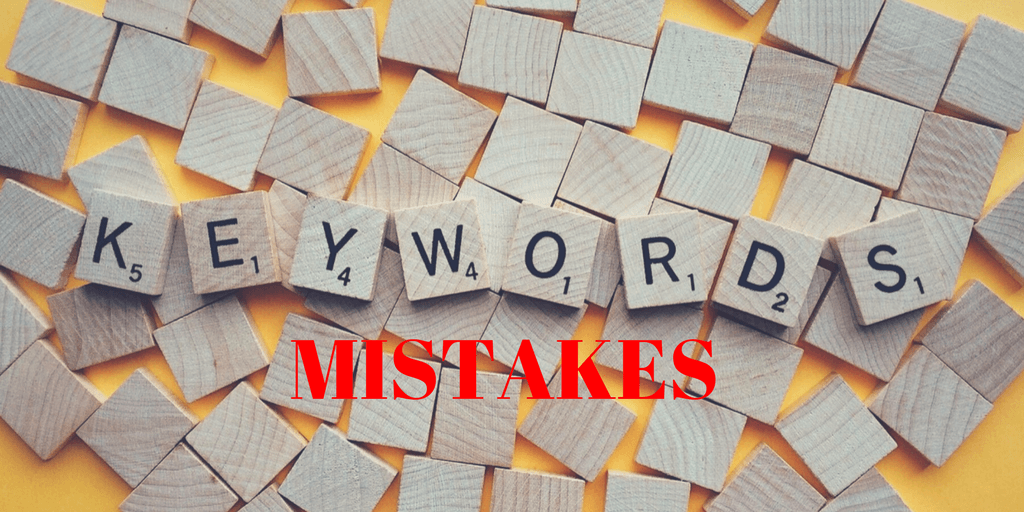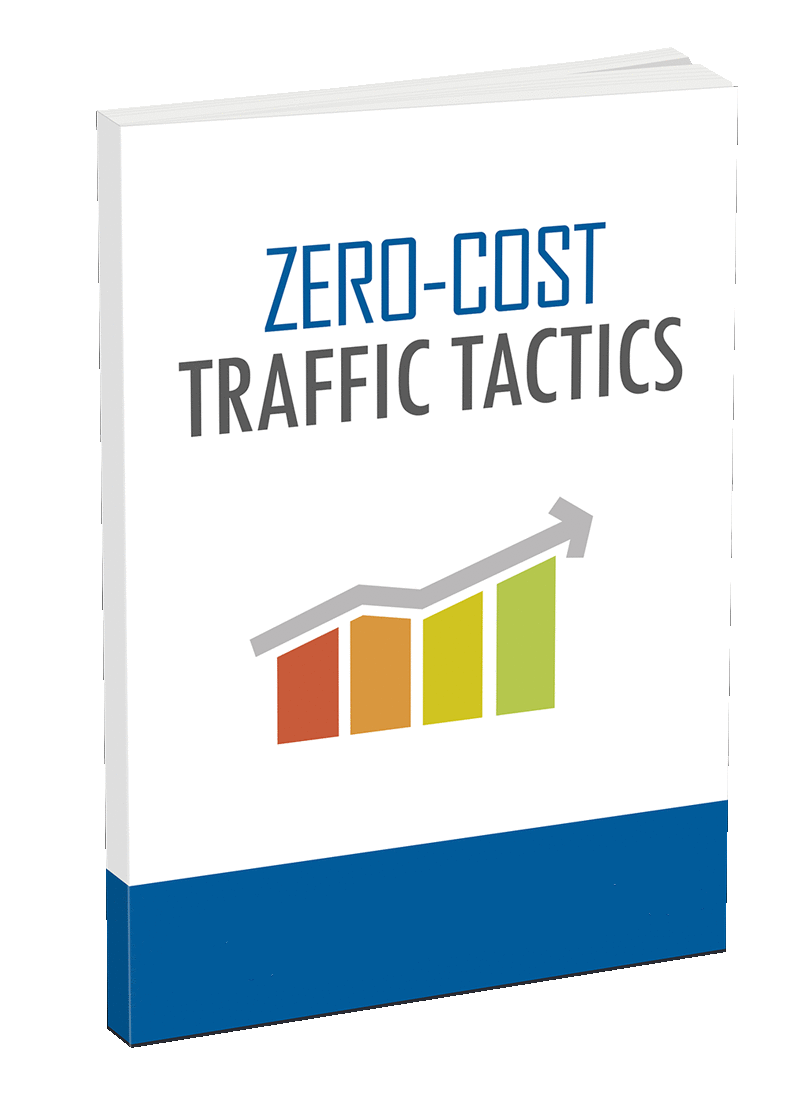
Content marketing is a powerful and effective tool for engaging new customers, retaining the current ones and strengthen the communication line of your company. The more useful information your reader will get, the higher chances he will return to your website again and again. So how SEO-oriented content allures clients and turns them into loyal customers?
Content marketing is widely used in SEO. And your main function with it is building a long-term content plan for your website. It involves a close collaboration with copywriters who are provided with thorough terms of reference with a specification of the main points for the texts structuring of as well as the frequency of content updates.
Tips On Keywords Density And Content Length
 SEO for texts means a smart and elaborated search and use of keywords. Before optimizing your texts for search engines be aware of Fred, the update that was recently rolled out by Google to deal with spamming in articles.
SEO for texts means a smart and elaborated search and use of keywords. Before optimizing your texts for search engines be aware of Fred, the update that was recently rolled out by Google to deal with spamming in articles.The next trick concerns the smooth keywords stuffing. If you have an article of 1000 words you can use each keywords 4-5 times per article, still, if your articles are small there is got to be a balance – not more than 5% of keywords in relation to the main text.
Where to put keywords in your texts?
When you already have a prepared list of keywords, the next step is to get a clue how to use them efficiently. Because correct optimization of articles hinges on that. So here are the best places to put your keywords:
- Meta tags. It concerns <title> and <description> tags that should be written for the every single page on your website. There is also a <keyword> tags but there is no need to write it, since search engines will not only miss them out, but degrade you for them.
- Titles and subtitles. You should clearly understand that titles and subtitles should be tagged <h1> and <h2> accordingly. Otherwise search engines will take them as a simple text. Do not overlook this essential part when optimizing your articles.
- Website content. Definitely, articles, news, landing pages of your website should contain keywords. With their help your readers find you.
- Descriptions of internal and external links. You can also use backlinks especially when an authoritative resource refers to your website.
- Images descriptions. Many people do it wrong and fail. Every image you describe represents the next step to rankings and traffic increase.
It’s not so long ago that websites’ owners acted extremely clumsy. They just stuffed their texts with a bunch of keywords – the more keywords they put, the better rankings they got. Did that method work? Surprisingly, it did. For some time at least. Does it work now? Definitely, no. And the reason is that search engines are getting better and smarter, so such naive tricks just die out.
4 Mistakes People Do When Using Keywords
 These are the most widespread mistakes people do when trying to optimize their texts for search engines. Keep reading to reveal and avoid these mistakes.
These are the most widespread mistakes people do when trying to optimize their texts for search engines. Keep reading to reveal and avoid these mistakes.
1. Poorly assembled semantic core
Semantic core is an important thing and if it is done wrong it might ruin the entire SEO. You will end up with untargeted traffic that gives nothing but disappointment.
It usually happens when a website owner ignores the services of an SEO expert and builds a semantic core by himself. No wonder that he is a fool for pains and perhaps he will never again turn to SEO assuming it useless.
2. Single-rooted keywords in one text
Search engines will count them as a spam. It goes without saying that people will just not read articles that are overstuffed with keywords. And those ones who know what stands for optimization for search engines will just leave your site and hardly ever come back lately. A great many of keywords tell your readers that the profit is the only things that matters for you.
3. Overuse of keywords in bold
Now it’s time to check some points of your on-page optimization. There is one tricky thing about putting words and phrases in bold. The matter is that you can make your text bold with two different tags: <b> and <strong>. And while the first one has purely decorative function, the second one serves to tell search engines about significance of the word or phrase in bold, it makes an accent on them. Of course, if you put few keywords in bold, it will play for you. Though, when you overuse bold, search engines get it as a spam and shady tactic for higher rankings.
4. Wrong keywords distribution
Keep in mind that when a person searches something in the Internet he wants to find exactly what he is looking for. So if you want to place any irrelevant keyword on every single page of your website, it’s a bad idea. Because if the user will come to your website with his enquiry and will not find what he wants he will just close and forget this site. That’s it. Don’t forget that keywords mission is to help your customers find you get what they are looking for.
Original Source: Link Management

